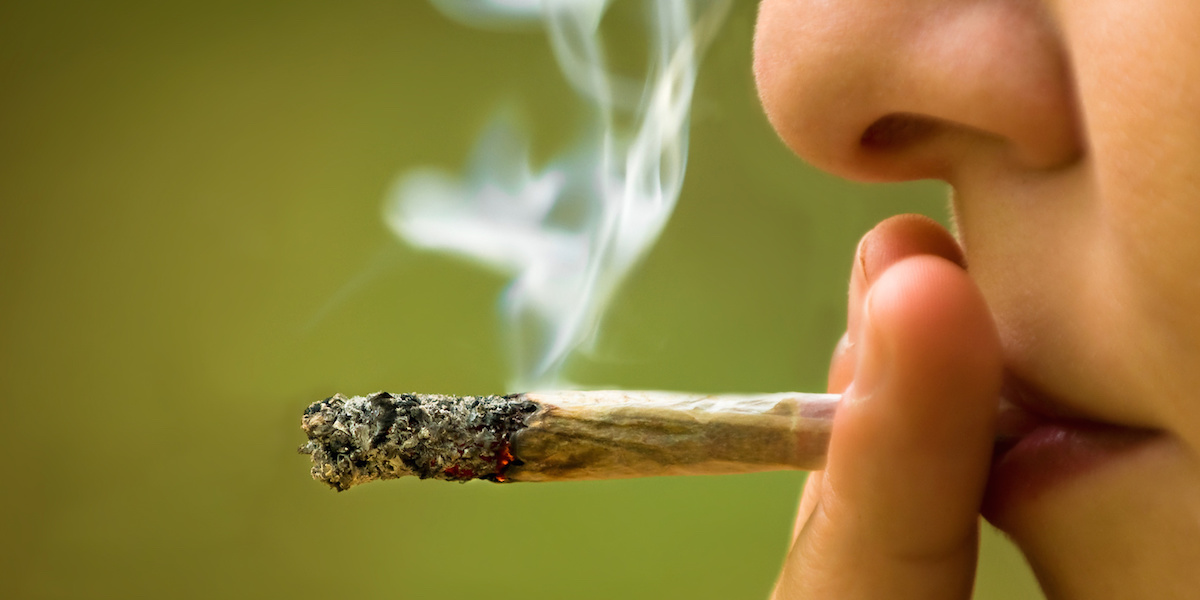
The following is excerpted from an online article posted by EurekAlert!
Self-harm in young people is a major public health concern, rates are rising, and the adolescent years presents a critical period of intervention. Another modern challenge facing adolescents is sleep deficiency, with global reductions in total sleep time and inconsistent sleep patterns, and as many as 70% of teenagers getting inadequate sleep.
Published today in the Journal of Child Psychology and Psychiatry, researchers at The University of Warwick and University of Birmingham have investigated this relationship between multiple measures of sleep problems and self-harm, using data from over 10,000 teenagers from the Millennium Cohort.
10,000 teenagers, aged 14, were asked about their sleep problems, including how long they slept on school days, how long it took to get to sleep, and how often they awoke during the night. They were also asked whether they had self-harmed at 14, a question they were asked again three years later when surveyed at 17 years old.
The researchers found that sleep problems at age 14 were directly associated with self-harm behavior at age 14 and again at age 17, showing that teenage sleep can have long-lasting impacts on self-harm, and could be an avenue to support teenagers at risk.
Sleep problems contributed to risk, even when accounting for other factors that have shown to influence self-harm such as age, sex, socio-economic status, previous instances of self-harm, self-esteem and, importantly, levels of depression. Importantly, only sleep was consistently significant when looking cross-sectionally (age 14) and longitudinally (age 17).
Source: EurekAlert!
https://www.eurekalert.org/news-releases/1094986

 Teen Loneliness Triggers ‘Reward Seeking’ Behavior
Teen Loneliness Triggers ‘Reward Seeking’ Behavior  The Hidden Mental Health Danger in Today’s High-THC Cannabis
The Hidden Mental Health Danger in Today’s High-THC Cannabis  Early Smartphones May Scar Young Minds
Early Smartphones May Scar Young Minds